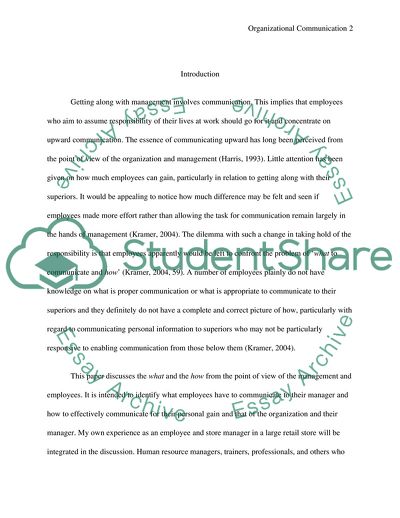Cite this document
(Gaining the Skill for Upward Communication Essay, n.d.)
Gaining the Skill for Upward Communication Essay. Retrieved from https://studentshare.org/human-resources/1731360-communication-in-organizations
Gaining the Skill for Upward Communication Essay. Retrieved from https://studentshare.org/human-resources/1731360-communication-in-organizations
(Gaining the Skill for Upward Communication Essay)
Gaining the Skill for Upward Communication Essay. https://studentshare.org/human-resources/1731360-communication-in-organizations.
Gaining the Skill for Upward Communication Essay. https://studentshare.org/human-resources/1731360-communication-in-organizations.
“Gaining the Skill for Upward Communication Essay”. https://studentshare.org/human-resources/1731360-communication-in-organizations.


